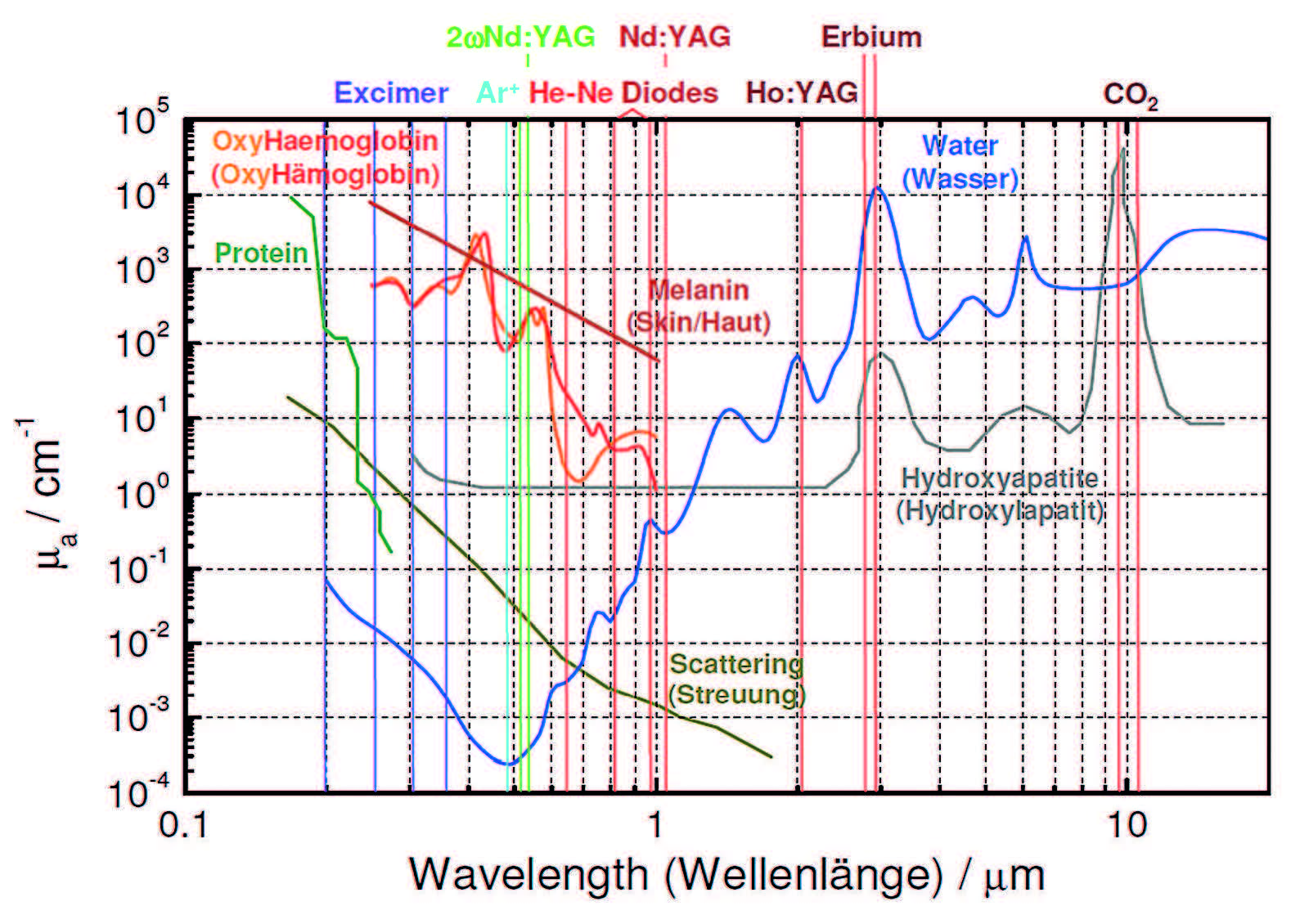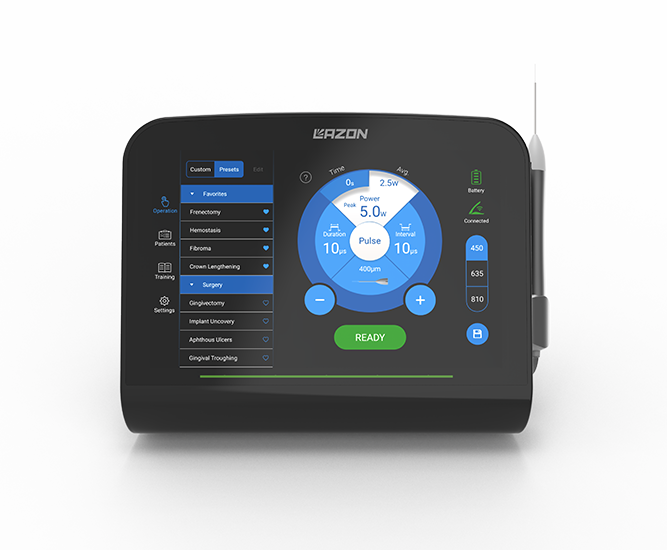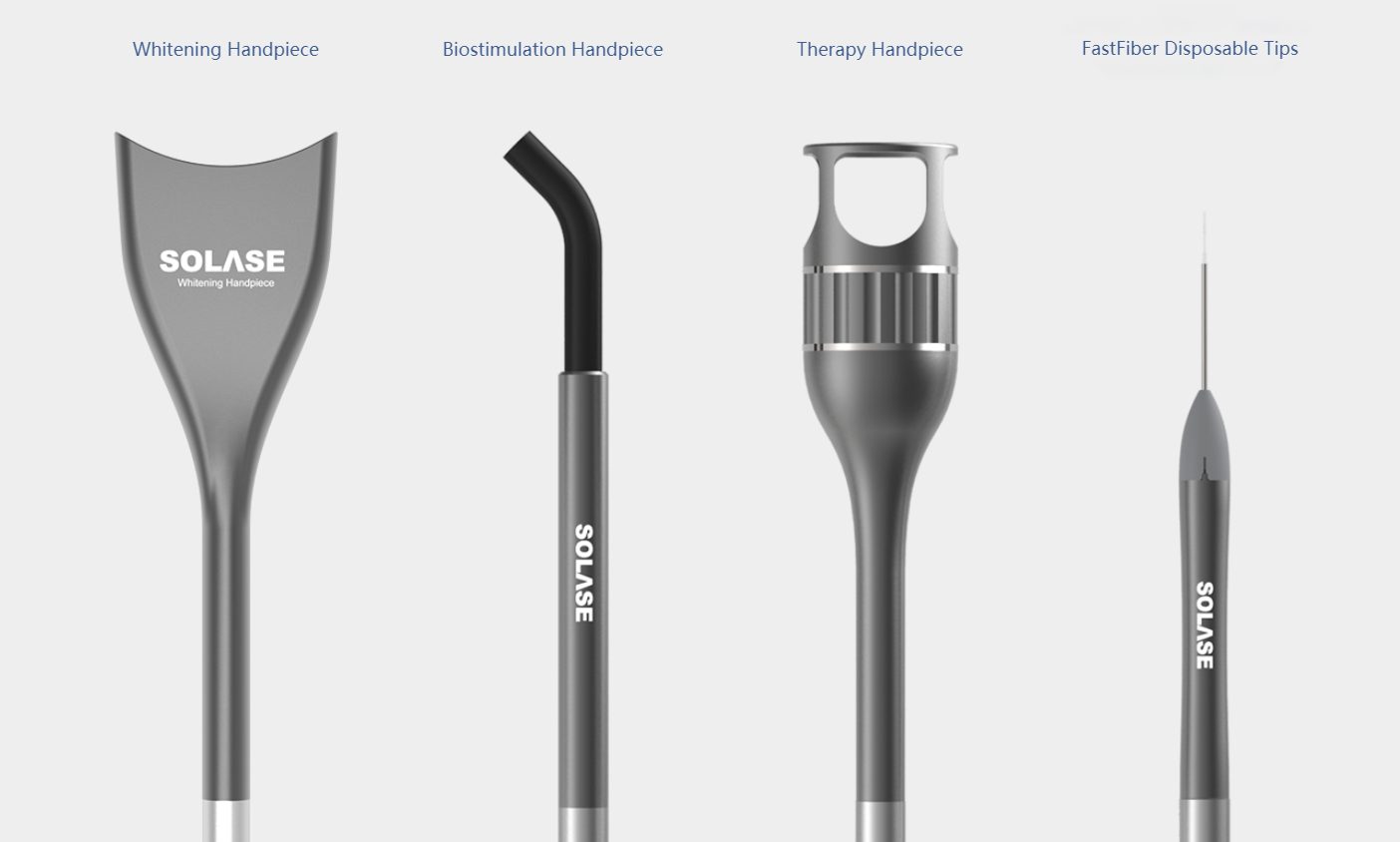Dental lasers have revolutionized the field of dentistry, providing clinicians with precise and effective tools for a range of procedures, from soft tissue surgeries to restorative dentistry. Choosing the right dental laser for your practice, however, can be a daunting task, given the variety of options available on the market. In this article, we will discuss the key factors to consider when selecting a dental laser to meet your clinical needs.
1. Type of Laser
The first step in choosing the right dental laser is to determine the type of laser that best fits your clinical applications. There are three main types of dental lasers: diode, erbium, and CO2 lasers. Diode lasers are commonly used for soft tissue procedures such as gingivectomies and frenectomies, while erbium lasers are used for both soft and hard tissue procedures, including cavity preparation and root canal disinfection. CO2 lasers are primarily used for soft tissue procedures, such as lesion removal and frenectomies.
2. Power and Wavelength
The power and wavelength of a dental laser are critical factors in determining its effectiveness for a particular clinical application. Higher power lasers can perform more efficiently, allowing clinicians to complete procedures faster and with greater precision. The wavelength of a laser determines its absorption by tissue, with different wavelengths being absorbed by different tissue types. For example, the erbium laser's wavelength of 2.94 microns is well absorbed by water and hydroxyapatite, making it ideal for cutting and ablation of hard tissues.

3. Cost
The cost of a dental laser is an essential factor to consider when choosing the right laser for your practice. While more expensive lasers may offer additional features and capabilities, it is essential to balance the cost with your practice's budget and clinical needs. For example, the price of erbium lasers is generally 10 times that of diode lasers. Although it can be used for the treatment of some oral hard tissues, we really should seriously consider whether this additional benefit is worth the 10 times price difference.

4. Versatility
Another important factor to consider is the versatility of the dental laser. Some lasers are designed for specific applications, while others are more versatile and can be used for a wide range of procedures. A versatile laser can increase the efficiency of your practice by reducing the need for multiple devices and training on multiple systems. For example, diode lasers are suitable for dental soft tissue surgery, periodontal, endodontic, therapy and teeth whitening, but not for hard tissue surgery; erbium lasers are generally used for soft tissue surgery, hard tissue surgery and endodontics, but cannot be used for periodontics, therapy and teeth whitening. However, the scope of indications of CO2 laser is generally more limited, and it can only be used for the surgery of soft and hard tissues.

In conclusion, choosing the right dental laser for your practice can be a challenging task. By considering the type of laser, power, wavelength, cost, and versatility, you can make an informed decision that best meets your clinical needs and budget. By selecting the right dental laser, you can improve the efficiency and effectiveness of your practice, leading to better outcomes for your patients.